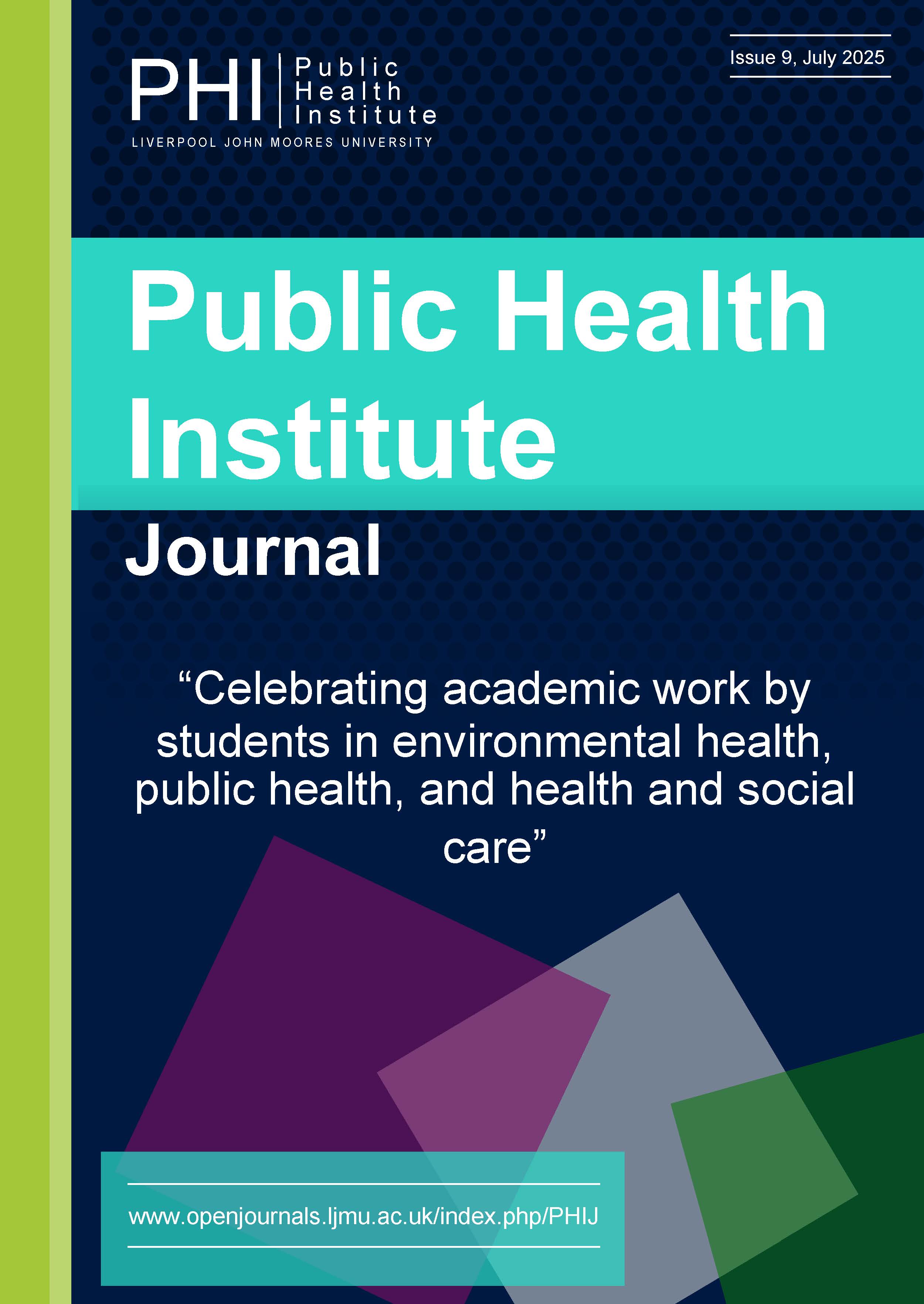Understanding the impact of child sexual abuse (CSA): a comprehensive analysis of psychological, legal, and social implications in the UK
Keywords:
Child Sexual Abuse (CSA), Violation, Rights, Mental, Health, Post-Traumatic, Trauma, Stress, Wellbeing, Anxiety, Depression, Protection, Media, Family, Support, PreventionAbstract
Sexual abuse affects millions of children and adolescents globally - 18% of girls and 8% of boys, posing a significant public health issue and human rights violation. It is estimated that 18 million children in the European Region have experienced sexual abuse before they turn 18 years old. It is a solemn concern that demands attention and action from public health officials as well as society at large. In addition to being a grave violation of fundamental human rights, this poses a serious public health risk. The effects of child sexual abuse (CSA) go well beyond the immediate physical harm; they frequently show up as long-lasting mental health issues that can last a person's entire life. It is strongly linked to various short- and long-term negative consequences, according to scholars working in the field. The most serious violation of children's rights and a major mental health issue for societies is CSA causing severe and often fatal consequences on survivors, including mental illness, self-harm, suicidal ideation, and suicide attempts, affecting them throughout their lifetime. Thus, comprehensive measures are needed to ensure survivors receive necessary resources for healing and prevent atrocities while raising awareness and taking collective action can protect society's most vulnerable citizens. Since CSA is a worldwide issue and a very broad topic, it would be endless to investigate on a global scale; therefore, this dissertation will concentrate on CSA in the UK. The aim of this dissertation is to explore the short and long-term effects on children’s mental health, the effects on their brain, common intervention strategies, legal responses to child sexual abuse (challenges and gaps), institutional settings and CSA from a global perspective; understanding the perpetrators: profile and risk factors; the impact of child sexual abuse on family dynamics; the role of social media in child sexual abuse: risks and prevention; the role of media in shaping public perception of CSA; the role of social workers and child protection services in the UK; the role of education in preventing CSA. The overall conclusion is that CSA has been treated with a certain degree of levity and justice has been done very slowly over the years, and a series of measures are needed to address all the gaps and challenges more effectively. Final recommendations are addressed to the government and all institutions working with children and families in the UK.
Published
Issue
Section
License
Copyright (c) 2025 Queli Ribeiro

This work is licensed under a Creative Commons Attribution 4.0 International License.
Authors retain copyright and grant the journal right of first publication with the work simultaneously licensed under a Creative Commons Attribution License that allows others to share the work with an acknowledgement of the work's authorship and initial publication in this journal.


